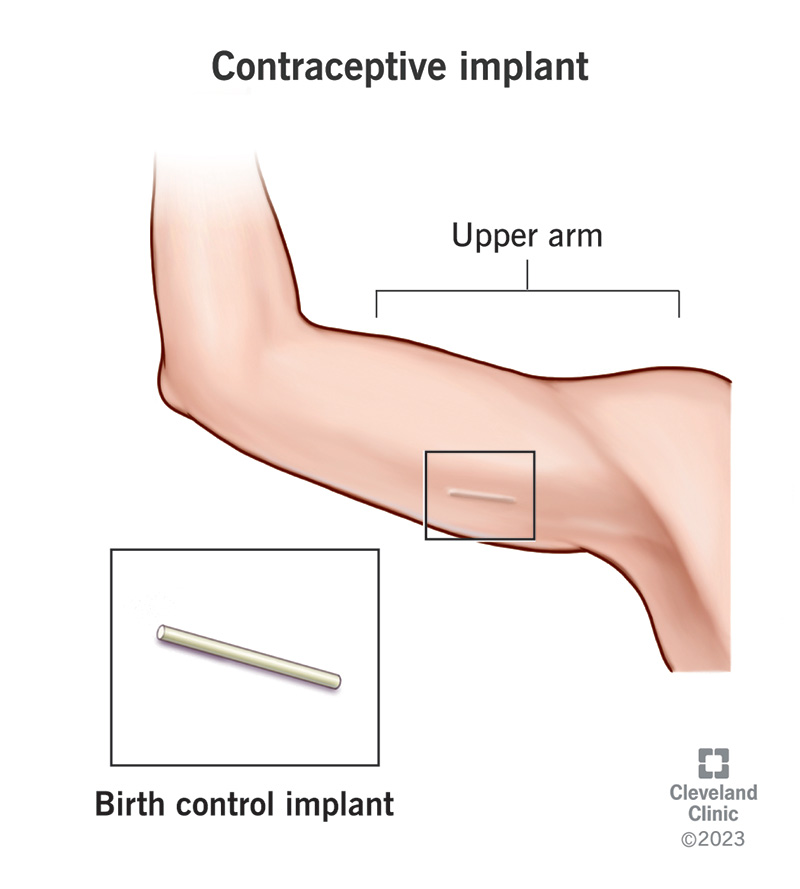Disclaimer [ENGLISH]
What is menstrual suppression?
- With puberty, all teens will develop new hormones that cause changes in their bodies. Estrogen is the predominant hormone in females and testosterone if the predominant hormone in males.
- All teens who are assigned female at birth will start to have monthly bleeding cycles, also known as periods or menstruation during puberty.
- Menstrual management or suppression is the use of hormone medications to improve, decrease, or stop periods entirely.
- This treatment is completely reversible.
What are reasons to stop periods and is it safe to do so?
- Many people have monthly periods with no problems.
- However, for some, a monthly bleeding cycle can come with unwanted consequences.
- Some teens report severe and painful cramping that prevents them from attending school.
- Some teens have cycles that are so frequent and heavy, that they develop life threatening anemia.
- Some teens are born with developmental issues that prevent them from understanding the necessary hygiene issues required with a monthly bleeding cycle.
- Severe acne in females is another diagnosis that can be managed with menstrual suppression.
- There are many different types of hormonal medications that can be used to manage menstrual problems.
- The use of hormones to manage menstruation has been studied and has few if any side effects.
- Most of the time, menstrual suppression is not used before someone has had their first period.
How is menstrual suppression used for teens with gender dysphoria?
- For the teen with gender dysphoria, a monthly cycle can add to their emotional distress.
- The use of menstrual suppression has become a very effective way to provide gender affirming care.
- Gender affirming care is not meant to influence people in any direction. We do not “treat” anyone's identity or tell anyone what they should or should not be. The goal is simply to allow teens to be more comfortable with their affirmed gender.
- There are several ways to provide menstrual suppression. The “best” way is the treatment that makes the teen most comfortable. So, an understanding of the different options should be discussed with your primary care provider.
Combined Estrogen-Progestin pills.
- A preferred method for menstrual management is the use of a combined estrogen-progestin pill that comes as a 3-month pack.
- This type of medication has the advantage of decreasing pain with periods, causing lighter blood flow, and eventually stopping all periods if used continuously.
- Learn more about the risks and benefits of oral contraceptive pills here.
Progestin only pills
- This medication is taken as a daily pill. However, if a teen would like to stop all monthly bleeding, it may need to be taken two times daily.
- Using a progestin only product has the advantage that it does not introduce any estrogen or female hormones into the teen body.
- This type of pill can lead to less painful periods and lighter bleeding as well.
Depot Medroxyprogesterone Acetate Injections
- It is commonly known as the “DEPO shot”.
- This medication is given as an injection in the office every 9-11 weeks.
- It is generally well tolerated in teens.
- The longer it is used, the more likely it is that periods will completely stop.
- Unscheduled or unexpected bleeding, commonly called “spotting” is a common side effect.
- Other side effects include weight gain and loss of bone mineral density.
- It is recommended that teens receiving this injection take a Calcium and Vitamin D supplement to keep their bones healthy and strong.
Nexplanon
- Nexplanon is an implantable form of hormonal control of menstruation.
- It requires an office visit for the procedure to place the implant in the arm.
- While the procedure can be mildly uncomfortable, once the implant is inserted there is nothing to do for three years.
- Text BoxNexplanon is available only at CPCMG offices who have providers who have completed the required training and certification. Contact your primary care provider if you are interested in this option.
Information adapted from:
Reference: Schwartz, Beth. Outcomes of menstrual Management Use in Transgender and Gender Diverse Adolescents https://www.ncbi.nlm.nih.gov/pmc/articles/PMC10026956/
Reference: Pradhan S, Gomez-Lobo V. Hormonal Contraceptives, Intrauterine Devices, Gonadotropin-releasing hormone Analogues and Testosterone: Menstrual Suppression in Special Adolescent Populations. J Pediatric Adolescent Gynecol. 2019 Sept:32(5S): S23-S29. Doi.10.1016/j.jpag.2019.04.007. Epub 2019 Apr 11. PMID 30980941
Reference: Altshuler AL, Hillard PJ Menstrual suppression for adolescents. Curr Opin Obstret Gynecol. 2014 Oct:26(5):323-31
Reviewed by: CPCMG LGBTQ committee, VN M.D., AR D.O. | 07/2024


